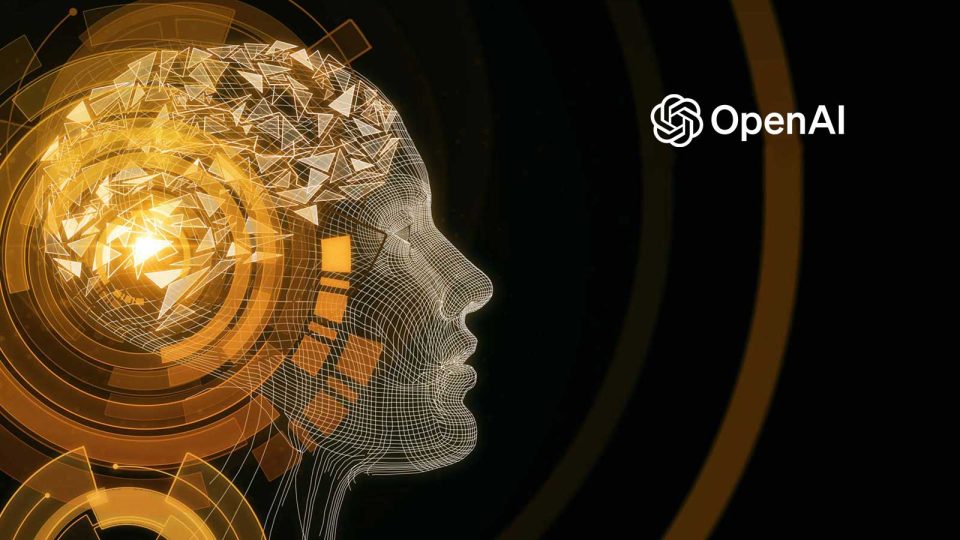An Amazon-backed AI startup’s flagship model demonstrated superior performance to OpenAI’s GPT4.
Anthropic, an AI startup, has unveiled its latest innovation, the Claude 3 family of AI models. Among them is Opus, which is hailed as the company’s most intelligent model. According to Anthropic, Opus has surpassed OpenAI’s GPT-4 across various tasks. The Claude 3 family also comprises Sonnet, currently available alongside Opus, and Haiku, the least powerful model, set for release at a later date. In rigorous evaluations, Opus has demonstrated superior performance to GPT-4 and Google’s Gemini across a spectrum of industry benchmarks, including reasoning, mathematics, and general knowledge.
Also Read:
“It exhibits near-human levels of comprehension and fluency on complex tasks, leading the frontier of general intelligence.”
Anthropic reports significant advancements across its entire Claude 3 model lineup. These improvements span analysis, forecasting, content creation, and multilingual conversational abilities, including proficiency in Japanese and French. Moreover, the models are now adept at live customer chats, auto-completions, and data extraction, enhancing their utility across various applications.
Key Features of Opus:
- Near-human capabilities: Opus is said to have an extraordinary grasp and articulation of complex subjects, rivaling human understanding in certain areas.
- Improved accuracy and fewer refusals: Compared to previous models, Opus delivers more accurate results and is less likely to decline tasks.
- Long context and memory: Opus can remember and consider information from longer stretches of text, leading to more comprehensive responses.
- Focus on responsible AI: Anthropic emphasizes that Opus is designed to be safe and reliable. Through careful development processes, they strive to mitigate risks like misinformation and unintended spread.
Haiku, a member of the Claude 3 family, boasts remarkable efficiency in processing information-rich research papers containing charts and graphs, accomplishing this task in less than three seconds.
An additional breakthrough lies in the models’ newfound capability to interpret visual data such as photos, charts, and graphs. This enhancement enables enterprise users to leverage the models for tasks like parsing through PDFs and presentation slides, significantly augmenting their functionality.
Anthropic’s Team emphasizes that the Claude 3 family is less likely to refuse to respond to prompts approaching the system’s safety parameters. To further underscore accuracy, the company is implementing citations within the models. Overall, Anthropic’s latest advancements underscore a commitment to innovation and reliability, positioning the Claude 3 models as versatile and trustworthy tools for various business needs.
Daniela Amodei, Co-founder of Anthropic and former Vice President of Safety and Policy at OpenAI highlighted the inherent imperfection of AI models in a statement to CNBC. She emphasized the company’s diligent efforts to balance capability and safety in developing their models. Despite these efforts, Amodei acknowledged the occasional inaccuracies that may arise.
Established in 2021 by Daniela Amodei and her brother Dario, both with prior experience at OpenAI, Anthropic aims to pioneer “safer” chatbots in the AI industry. Supported by major backers, including Google and Amazon, the startup has secured significant funding, totaling approximately $7.3 billion across five funding rounds in the past year. Amazon’s minority stake investment of up to $4 billion in September was followed by Google’s $2 billion investment in October.
[To share your insights with us as part of editorial or sponsored content, please write to sghosh@martechseries.com]


